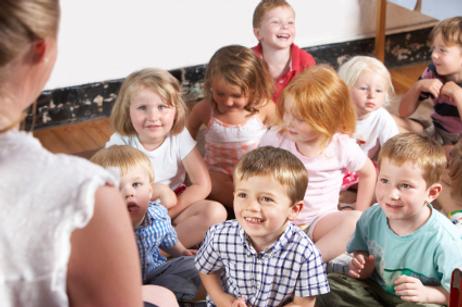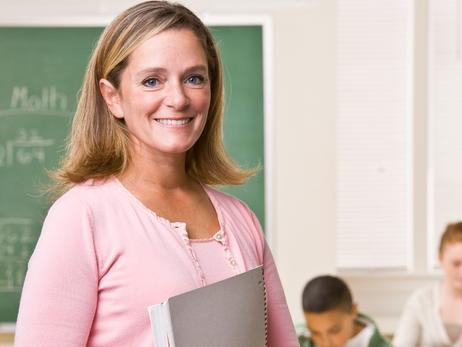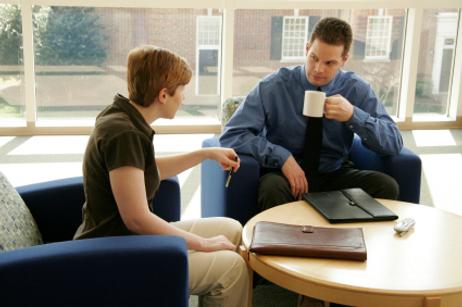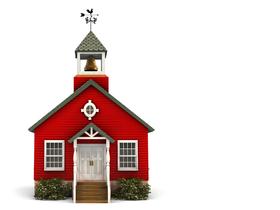When you compare public and private K-12 schools, there are several things in public schools which you will not find in private schools. Those points of comparison are points which parents consider when thinking about sending their children to private school. Large class sizes, lack of consequences for unacceptable behavior, lack of parental involvement as well as cuts to activities and programs are not things that you will commonly find in private schools as a rule.
Large class sizes
Teaching a large class of students, say, 30-40 students of any age, creates all sorts of classroom management issues for even the most experienced teachers. Maintaining control over a large number of students is possible but decidedly difficult. As a result, one of the reasons parents send their children to private school is for the individual attention which small class sizes afford. It is relatively easy for a child to hide in a large class. That's not so easy to do when you have 12-15 students sitting around a table with their teacher. After all, you want your child to interact with her teachers. You don't want her to end up hiding in the back of a large classroom. You sent her to private school so she could learn.
When you have 12-15 students in a class, you really can teach. Discussions, analyses, and explanations are much easier to facilitate with a smaller group. Everybody's opinion matters. From the teacher's perspective, it is much easier to assess progress when


































